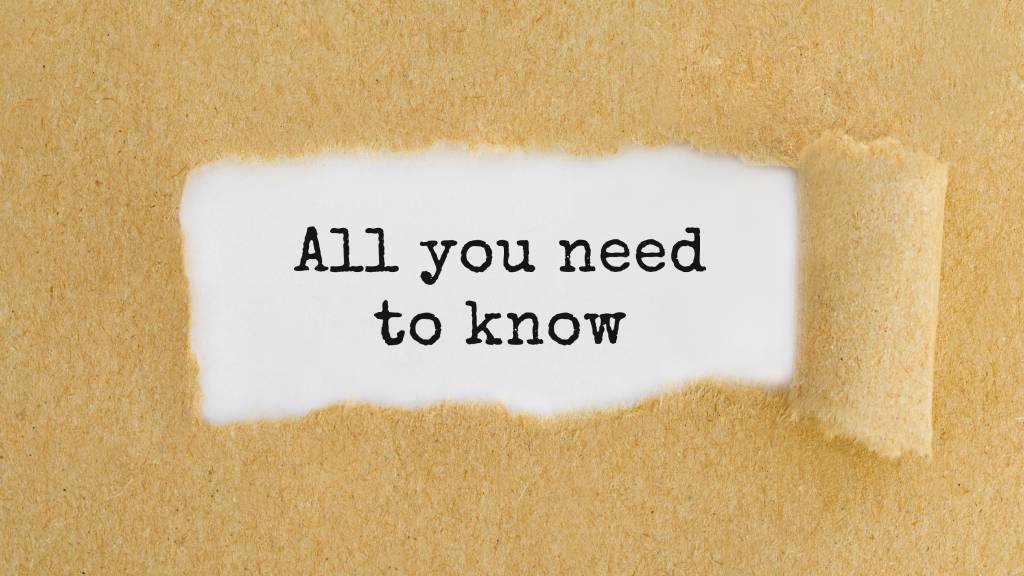Life insurance basics cheat sheet: learn in 4 minutes!

Feeling a little confused about life insurance? You’re not alone.
Kiwis are famed for our ‘she’ll be right’ attitude. While this gives us a great laid-back reputation, it may also be part of the reason why so many Kiwis are underinsured or not insured at all.
The Financial Services Council recently found that just 38% of the 2,061 New Zealanders they surveyed had a current life insurance policy, and only 14% of those without a life insurance policy have considered getting one in the past two years. Wowsers!
They also found that the life insurance industry paid out a massive $3.3 million in New Zealand per day (on average for 2017) – a figure that’s even more impressive when you consider that fewer than half of us are insured.
Thankfully, life insurance is fairly simple to understand – once you wrap your head around the basics.
Here’s your cheat sheet for life insurance, covering what it is, how it works, and why it’s worth thinking about.
What’s life insurance?
Let’s start with the basics – life insurance is financial protection for your beneficiaries (the people you nominate and usually adore) in the unfortunate event of your death, or if you are diagnosed with a terminal illness.
Side note: every insurer has their own definition of a ‘terminal illness’, but it usually means you get diagnosed with having 12 months or less to live (by a doctor, of course).
With life insurance, you pay a regular fee (known as a premium), and in return your beneficiaries will receive a large payment that would cover costs such as your funeral and other ongoing bills or expenses when you pass away. This allows your beneficiaries to maintain their lifestyle, keep the roof above their heads, and continue living the way you would like them to – rather than worrying about costs and day-to-day expenses.
A quick glossary of life insurance terms
If you’re new to life insurance, you’ll probably come across some words that you might not see every day, and these can all sound a bit confusing. We’ve outlined some of these terms below along with their definitions (translated into everyday language). You can find more comprehensive descriptions of the below terms in the OneChoice Life Insurance Policy Document .
Benefit amount:
The amount of money the insurer pays for the ‘event’ covered under the policy (we say event rather than death, because life insurance also covers you if you are diagnosed with a terminal illness). This is also called a cover amount.
Beneficiary:
The person or people that you nominate to receive the (benefit amount) payout.
Insured event:
This refers to the event the policyholder is covered for in their insurance policy, for example total and permanent disability, terminal illness, or death.
Policy:
This means the legal contract between the policyowner and the insurance provider.
Policy schedule:
This means the document that confirms the details of your policy.
Premium:
The amount you pay for your policy.
Underwriting:
This is the insurer’s process of determining what level of risk is involved in insuring you. The health and lifestyle questions help determine premiums.
These terms and more will likely be listed and defined in the product’s policy document (which is available on the Insurer’s website). It’s always best to read the policy document and your policy schedule to understand what you’re covered for, what you’re not covered for and any
other terms of the agreement. It might sound like a drag, but it’s totally worth it.
Different types of life insurance
We’ve already covered some of the basics of life insurance in case of a death or terminal illness, but there is a little more to it than that.
Some life insurance policies come with optional cover for serious illnesses or total and permanent disabilities (TPD). These are optional extras that you can add on to your policy – which may be something to consider if you have a young family or loved ones to care for.
Opting for serious illness or TPD cover means if you have a heart attack or a stroke, or are diagnosed with cancer, your life insurance policy could provide a payout to help with medical bills and other costs. Or, if you suffer a lifelong permanent disability, you could also receive a payout to help replace lost income or enable long-term care.
Top 5 things to know before getting life insurance
If you skipped the article all the way to the end (no judgement), here are the essentials that we want you to take away about life insurance – these are the need-to-knows:
- How much do you want to be covered for? (The benefit amount)
- How much will your premiums be? (The cost of life insurance)
- What exactly are you covered for?
- Who are your beneficiaries? (Your loved ones)
- What information you’ll need to make a claim?
We know Kiwis love living life to the fullest – and why shouldn’t we? But none of us have a crystal ball (if you do, please share) and sometimes things can go unexpectedly wrong. In these instances, the old adage ’better be safe than sorry‘ can ring true – sometimes preparation is key, which is where life insurance can come in handy.
Want to know more? Take another minute to request a life insurance quote. We promise it’ll be one of the easiest things on your to-do list today.
26 Sep 2021